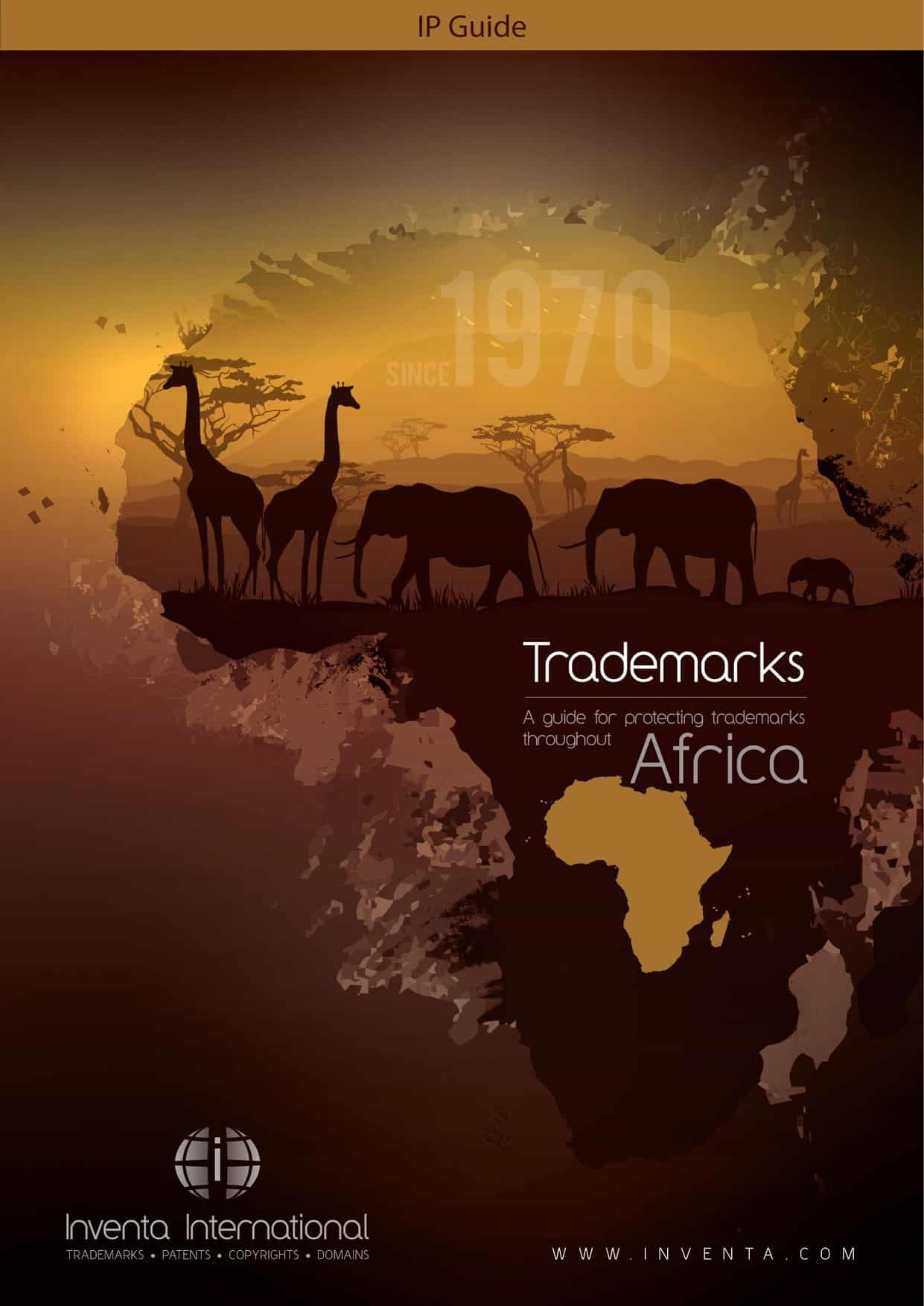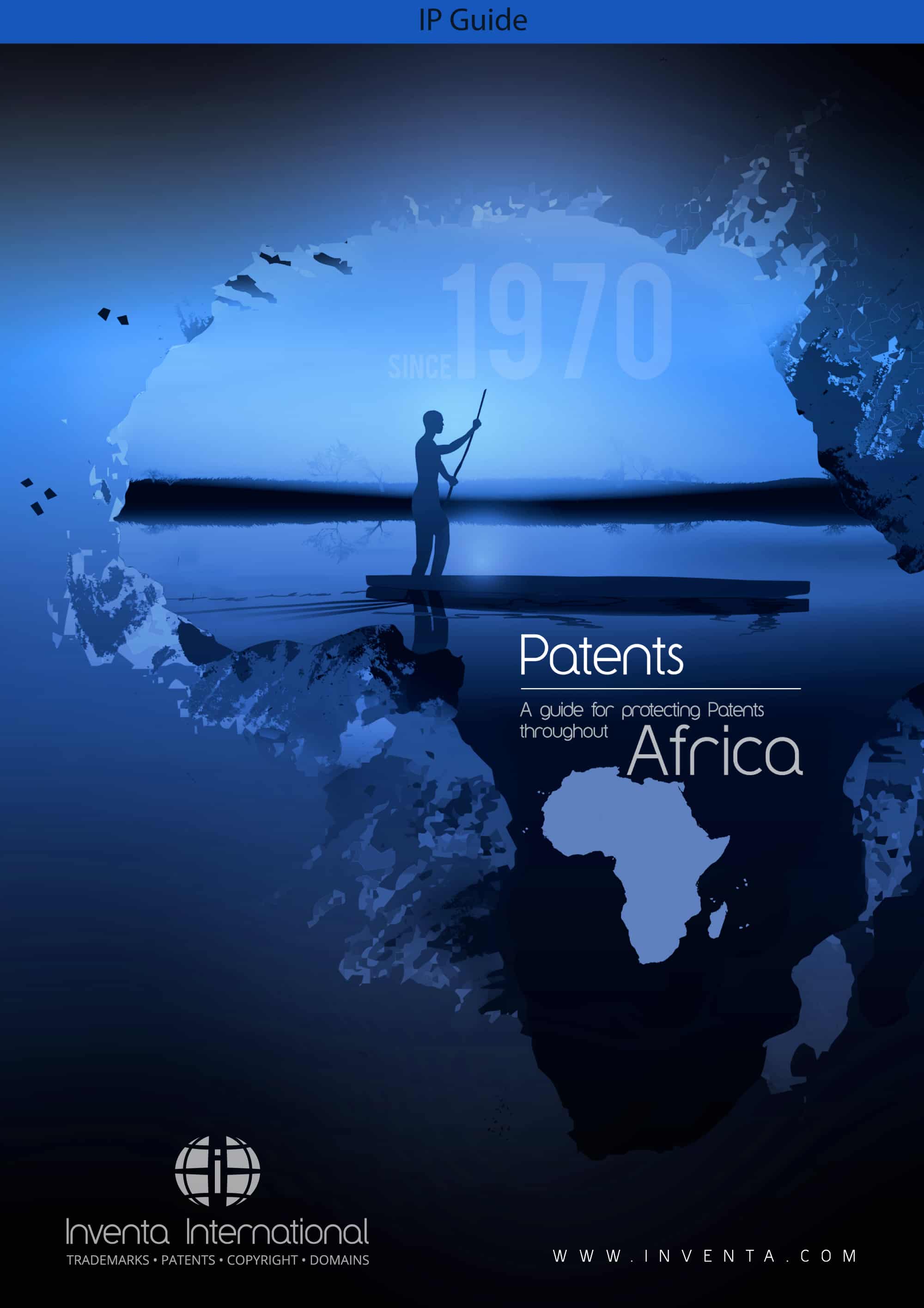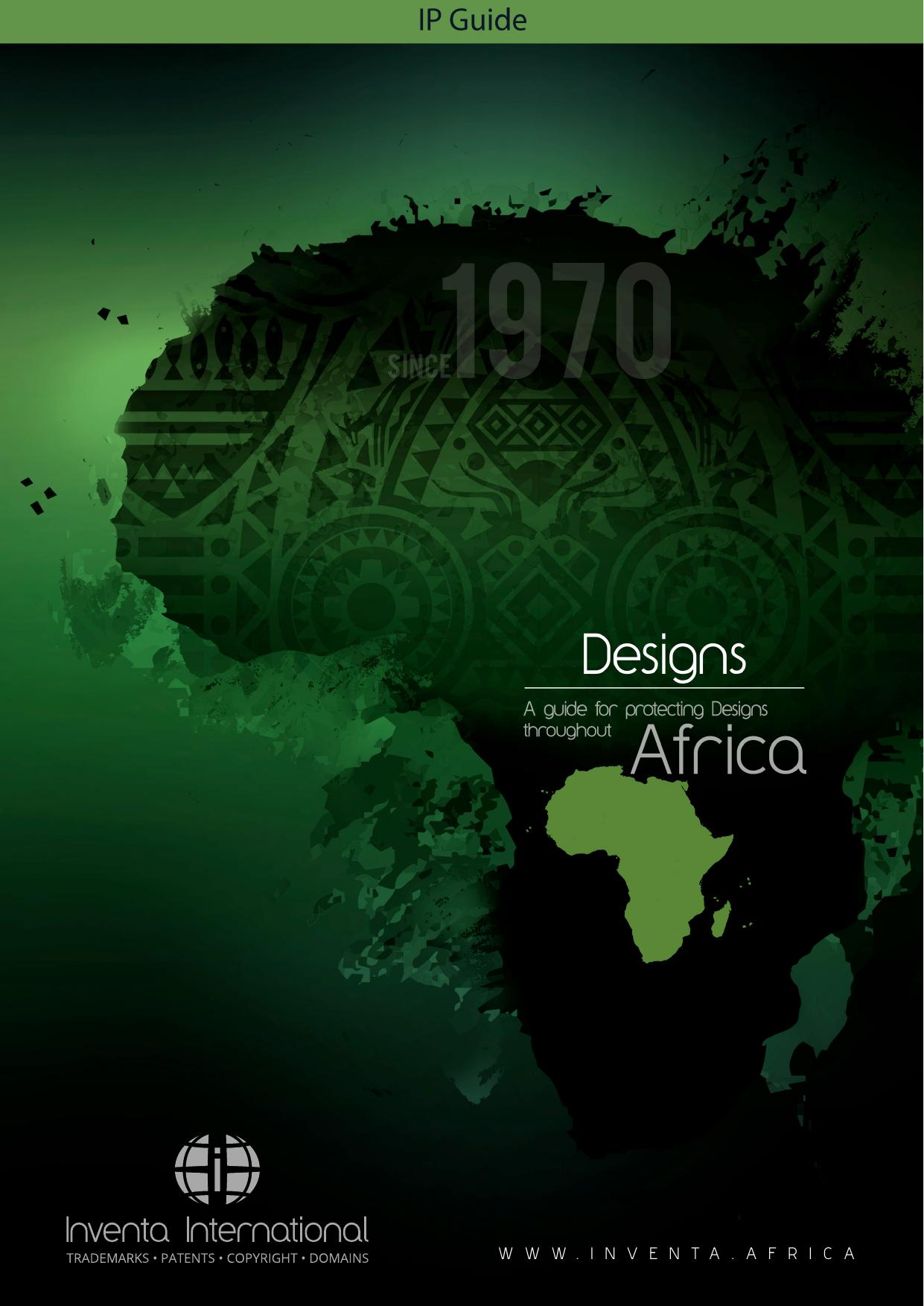Regional Patents in Africa
Allows for a single patent application to be effective across its designated members states
The African Regional Intellectual Property Organization (ARIPO) is an intergovernmental organization for cooperation in Intellectual Property matters, founded in 1976 with the Lusaka Agreement. Its main objective is the development and protection of Intellectual Property rights in its member-states. ARIPO has 4 working protocols, one of which is the Harare Protocol, which regulates patent and industrial design applications.
ARIPO patent applications are formally and substantively reviewed by ARIPO examiners and are granted and effective in the designated member-states with the legal enforceability of national law. While the term of patents is 20 years, Lesotho, Malawi, Namibia, Tanzania, Uganda and Zambia have shorter terms.
ARIPO Map
Browse countries that are part to the Harare Protocol
Search or select from the list
There are no results for your search.
ARIPO - Harare Protocol
Patent Details and Timeframes
Priority claim
Available
Substantive Examination
Available
Body responsible for non-use cancellations
N/A
Time until registration
3 years
Requirements
Application Requirements
- Power of attorney, simply signed.
- Applicant data.
- Copy of priority document (if applicable).
- Patent title, abstract, description, claims and drawings.
Renewal Requirements
- Power of attorney, simply signed.
Assignment Requirements
- Power of attorney, simply signed.
- Deed of Assignment.
Change of Name Requirements
- Power of attorney, simply signed.
- Certificate of change of name.
Change of Address Requirements
- Power of attorney, simply signed.
- Certificate of change of address.
License Requirements
- Power of attorney from the licensor and licensee, simply signed.
- License agreement.
Why Inventa?
Global Network with a special focus in Africa
Through a network of local offices, including several locations in Africa, and an extensive network of associates, we are committed in delivering a global coverage with local experience.
Experience
With over 45 years of experience in Intellectual Property, Inventa has served thousands of clients, from small entrepreneurs and startups, to multinationals holding large trademark and patent portfolios, and other entities dealing with R&D on a daily basis. Furthermore, our experience allows us to understand the caveats of the different industries, since we maintain relationships with clients from different sectors, including food and beverages companies, communications, IT, pharmaceutical, manufacturers, oil & gas companies, financial institutions, business services companies and more.
Tech drive
Inventa recognizes that in this day and age, information management and the internet have taken over many aspects of business. To accompany the changing needs of our clients, over the last few years we have increased our activity in the area of technological infrastructures and information systems. In this way, Inventa seeks to respond to the different demands of both the market and its clients.
Global Network
Thanks to our large network of contacts and associate level, we offer our clients a vast team of highly-specialized professionals in the Intellectual Property field and related strategic sectors. Our professionals guarantee highly-personalized and efficient accompaniment of all our services.
Local Presence in Africa
African Countries present some of the greater challenges when it comes to protecting Intellectual Property. As such, local presence is paramount to attain a high standard of quality, similar to what can be practiced in other regions. Our local presence in Africa allows us to deal with the challenges presented to us, whether it’s red tape, instability, cultural differences or language barriers. The key to our success in Africa has been the training of local technical staff and their demonstrated enthusiasm for Intellectual Property.



